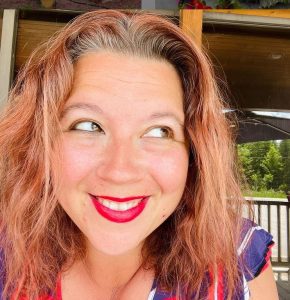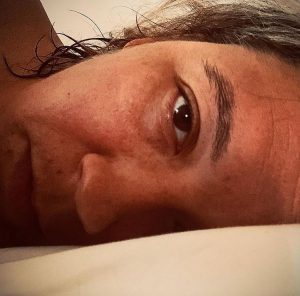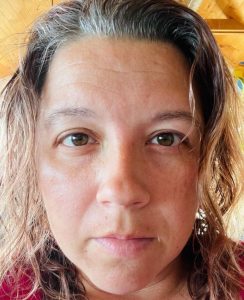Guardrails for Disabled Futures as a Framework in the Public Service | Julianna Rowsell
Accessible and Inclusive practices in all aspects of life improve outcomes for people
We cannot “deliver” on equity as institutions, structurally or otherwise without the various actors, people, policies, processes, tools and technology working in tandem to achieve connectorship through acceptance, welcome, belonging and action. This is where the exploration of agency, autonomy, and the flourishing of individuals intersect with our need to grow and scale quickly. The dichotomy between “move fast and break things” and “fix root causes” within organizational design has a significant impact on the identity, context and future in which individuals with disabilities find themselves. Community-led co-design will enable partnership, and offer an opportunity for reflection on the components of a framework that includes diverse populations within the institutional structures that make up the public service by framing needs of people within the public service with meeting the needs of the public.
One of the keys aspects of this is addressing ableism and its impact on people and their futures. This might be in our day to day life, our interactions and engagements. It might be about the ways in which we work, the organizations we work for and the expectations of people in the workplace. It is present whether we commute to the office or work from home. It impacts how, where and when we socialize. In this times of uncertainty and crisis we have found ourselves in during the last year it’s become more overt.
Meet Julianna Rowsell
Julianna Rowsell
Inclusive Designer + Accessibility Advocate
She/Her/Elle or They/Them
Systems thinker
Newfoundlander
Non status Mi’kmaq
#AS #Anemia #ADHD
Julianna.rowsell@student.ocadu.ca
The faces of my invisible disability and struggle with chronic illness



I am Julianna Rowsell, a Senior Inclusive Designer and Accessibility Advisor with Shared Services Canada. I’ve worked in accessibility within the public service for more than a decade. I self identify as a person with a disability including ADHD, an autoimmune disorder called Ankylosing spondylitis (AS) as well as anemia. I was diagnosed with scoliosis at the age of 15, and AS in my second year of university. I also identify by the pronouns she/her or they/them. I am both a settler and a person of indigenous background who has lost their culture and connection to the land by way of structural and institutional decisions that impacted my family before confederation of the province of Newfoundland and Labrador in 1949. I recognize that I am white passing and receive the privilege that is afforded to me because of my appearance. I am at a similar intersection with my disability as it is mostly invisible and often part of the pretext of erasure because it is not “tangible” or “concrete” to the society in which I live.
I am the older sibling to a long time CPP disability recipient who was born with a chromosomal difference that is medically referred to as Turner syndrome. I am the stepdaughter of a man who experienced a life altering injury at work in his late thirties. He was a logger and a carpenter, but could no longer work in that field after losing three of his fingers in an accident. I am the granddaughter of a woman who struggled with dementia and I acted as her part-time caregiver in my teenage years before cancer took her. I am also the daughter of a bipolar schizophrenic man in his 60’s who experiences homelessness and chronic under-housing in Toronto. I have been exposed to and lived through disability for all of my life and it’s influenced my career decisions, the detours in my route through life and my uncanny passion to spark intentional inclusion of disability communities. For us to be seen as individuals in need of equitable and just tools and opportunities at work and in life. We have valuable contributions and innovations to reshape the discourse and journey in our societies to become enablers both environmentally and culturally.
I aim to share stories to help empower others to co-create more equitable and inclusive futures. I am a passionate advocate for inclusive design and delivery of services through socially responsible policy. I am a maker and translator of things to help enable a society where everyone can thrive. I help to create simple, easy to use accessible and inclusive services for people in Canada by partnering with other government departments. I am currently entering the research phase of a Master of Design in Inclusive Design program at OCAD.

